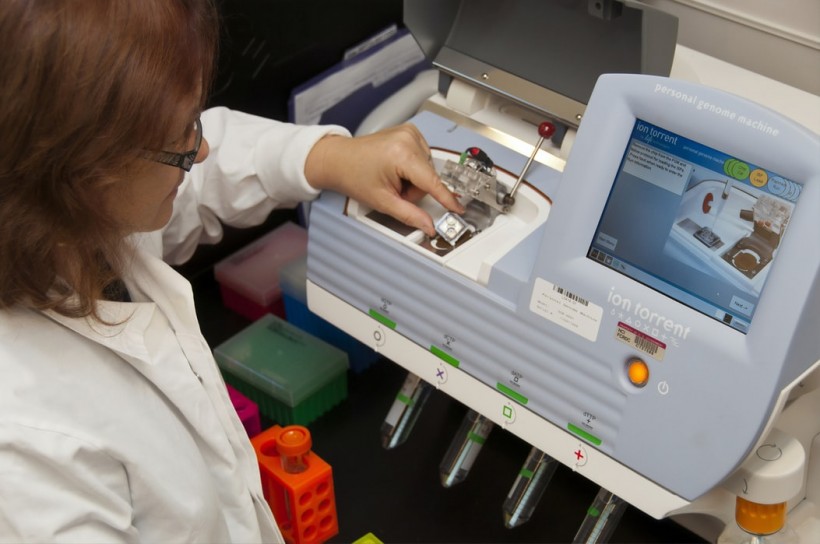Phlebotomy: Overview
Bloodletting has been practiced by humans for thousands of years. First, the Egyptians started it, afterward it spread to the Greeks and Romans before reaching Asia and Europe. Many medical ailments, including fever, headache, loss of appetite, and digestive problems, were formerly treated using this method. In the beginning, because doctors took significant volumes of blood on occasion, it was deemed problematic. Bloodletting has been shown to be an inefficient and, in some circumstances, harmful therapy. It wasn't as common as it previously was towards the end of the nineteenth century. However, in today's Western society, phlebotomy is solely used for medical testing and the treatment of a few particular blood disorders.
Phlebotomy is the procedure of using a cannula to pierce a vein, generally in the arm, in order to take blood. The process is named Venipuncture, which is also used for intravenous treatment. After the procedure, the blood is usually submitted to a laboratory for examination. However, blood is occasionally withheld as a therapy for specific medical problems. Therapeutic phlebotomy is the term for this procedure. Extra red blood cells, abnormally shaped red blood cells, and excess iron in the blood are all removed. Therapeutic phlebotomy is used to treat patients who suffer from the following conditions:
● Hemochromatosis
● Polycythemia vera
● Porphyria cutanea tarda
● Sickle cell disease
● Nonalcoholic fatty liver disease.
Blood Testing Types
One of the most important methods to maintain track of your general physical well-being is to have regular blood tests. Getting tested at regular intervals can help you recognize how your body changes over time and empower you to make better health decisions.
The following are some of the more common blood tests that a doctor might order:
Complete Blood Count (CBC): the presence of ten cell types in white blood cells, red blood cells, and platelets is determined by this test. Hematocrit, hemoglobin, red blood cell count, and white blood cell count are examples of these outcomes. CBC findings are normally provided within 24 hours.
Basic Metabolic Panel: this test detects common electrolytes as well as other chemicals in the blood. Calcium, glucose, sodium, potassium, carbon dioxide, chloride, blood urea nitrogen, and creatinine are just a few examples. Before getting your blood drawn, you may be required to fast for a specified amount of time. Its results are also provided within 24 hours.
Complete Metabolic Panel: this blood test includes all of the parameters listed above, as well as two protein tests, albumin, and total protein, and four liver function tests. ALP, ALT, AST, and bilirubin are some of them. If your doctor wants to learn more about your liver or kidney function, they may prescribe this more in-depth testing. The results are usually ready within a few days.
Lipid Panels: Lipid panels are used to determine how much cholesterol is present in the body. High-density lipoprotein (HDL) and low-density lipoprotein (LDL) are two types of lipoprotein (LDL). In this case, your doctor should receive lab findings, within 24 hours as well.
Other blood test types include:
Thyroid examinations
Thyroid hormones, such as thyroid-stimulating hormone (TSH), are detected in the blood using a thyroid panel.
T3 uptake, thyroxine (T4), and free-T4 index, often known as T7, are other measurements. A doctor might order this test to see if a person has a thyroid problem, such as hyperthyroidism or hypothyroidism.
Sexually Transmitted Infection Tests (STI)
Meanwhile, HIV testing is frequently offered at community health centers and clinics, blood tests are also used by doctors to check for the presence of diseases like herpes, hepatitis, and syphilis. It could take up to two weeks for these results to appear.
Cancer Tests
Doctors may employ a variety of blood tests to check for the presence of cancer. The blood tests that your doctor might recommend are based on the type of cancer that you have. Some of these tests, such as immunoglobulins and tumor markers, are more difficult to come by.
Blood tests for Pregnancy
Blood tests for pregnancy are usually quantitative or qualitative. A qualitative blood test can tell you whether you're pregnant or not. The amount of human chorionic gonadotropin (hCG) (this hormone is created during pregnancy) in the body can be determined with a quantitative blood test.
So What?!
A number of laboratory tests are becoming available sooner than ever before due to the advancements in rapid testing. However, a home blood draw service is a convenient way for you to have your blood and other medical samples collected at a time that is convenient for you at home or at a place of your choice. The procedure usually includes a fully trained specialist coming to your home or place of business and collecting your laboratory sample. Not only is it a good way for you to get your blood test easily, but it also can prevent the possible risks of you getting out of home and affecting with COVID 19.
© 2024 NatureWorldNews.com All rights reserved. Do not reproduce without permission.
* This is a contributed article and this content does not necessarily represent the views of natureworldnews.com






